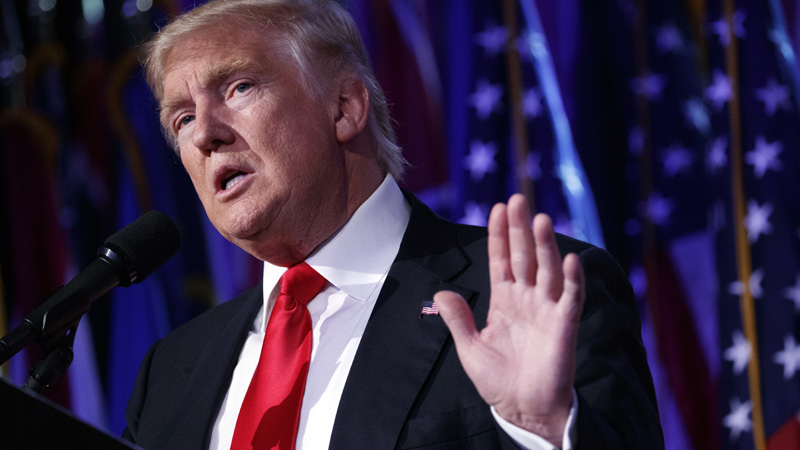Investors’ bargain-hunting in emerging markets amid uncertainty in US President Donald J. Trump’s economic policy attracted more “hot money” to the Philippines during the first two weeks of January.
The latest Bangko Sentral ng Pilipinas (BSP) data showed that as of Jan. 13, foreign portfolio investment posted a net inflow of $24.15 million as $378.88-million hot money exceeded the $354.73-million outflow.
The net inflow recorded in the first two weeks of 2017 reversed the $40.92-million net outflow a year ago.
On the week of Jan. 9-13 alone, a $83.44-million net inflow was registered as the $277.13-million inflow surpassed the $193.69-million outflow.
The net inflow of hot money during the second week also reversed and even exceeded the $59.29-million net outflow in the preceding week.
“The net inflow in the second week of January was most likely a result of bargain-hunting among foreign investors after local stocks fell drastically in the last quarter of 2016 amid rate hike concerns and political noise in the Philippines and the US. The upbeat prospects of the Philippine economy this year also attracted more investment flows into the country,” Land Bank of the Philippines market economist Guian Angelo S. Dumalagan said.
The ascent of billionaire Trump to the world’s most powerful pedestal, after leading a highly divisive elections in the US, did little to ease the uncertainties of an already jittery market, he said.
“In some aspects, it even made things more hazy. Until now, the new US administration disclosed few operational details about its plans to reduce taxes and increase infrastructure spending, fueling doubts about the feasibility of these proposals and feeding speculations of a delay in their implementation,” he said. These plans would, in effect, influence monetary policies around the world, he added.
Trump favors protectionism to grow the US’ economy, one that analysts said would completely derail pacts to bring down trade barriers.
As such, “foreign players reverted their attention to the emerging markets, with most emerging market stock indices rising mainly on bargain-hunting and renewed risk on sentiment,” an economist at a leading bank added.
The much-awaited press conference of Trump last Jan. 11 had plenty of fireworks—with the US chief mostly sparring with media over fake news instead of disclosing details of his economic agenda. The market has been waiting for his banner plans on tax cuts and a tougher stance on trade pacts but little was mentioned, disappointing investors, the economist added.
With investors doubting his economic agenda and how fast he could implement the spending package he promised before he came onboard, expectations for a rapid rise in US Treasury yields were scaled back, the economist said.
Foreign portfolio investments are in the form of placements in publicly listed shares, government and private sector IOUs, and deposit certificates.
Portfolio investments are considered short-term bets— hence called hot money—because these placements may be pulled out quickly.
BSP projects portfolio investment to yield a net outflow of $900 million this year, however.
Last year ended with a net inflow of hot money worth $353.59 million. —BEN O. DE VERA
